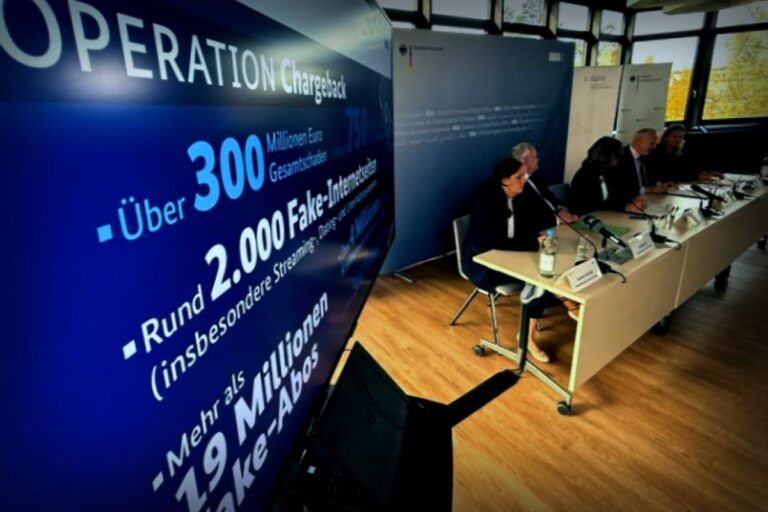Recently, Cyprus has found itself under the spotlight due to a global report sounding the alarm about organised crime. This report points out that individuals within the Cypriot state might be aiding these criminal networks.
The Study, conducted by the Global Initiative Against Transnational Organised Crime (GI-TOC)—a Geneva-based NGO—reveals alarming evidence of corruption within public institutions and law enforcement, which are wittingly or unwittingly supporting criminal activities.
This week’s report raised serious concerns regarding “state-embedded organised crime actors.” It even alleges that some police officers have misused their power or directly aided criminal organizations.
Experts reviewing the findings portray a distressing image, suggesting that crime has infiltrated several areas of the Cypriot state.
This warning comes on the heels of multiple scandals that showcased Cyprus’s vulnerability to corruption. Notably, the Cyprus Confidential report exposed significant gaps in financial oversight.
Further investigations by Parliament later confirmed widespread systematic failures that allowed illegal money flows to fester within public institutions.
Compiling data from organizations like Interpol and the Institute for Security Studies, the GI-TOC index ranks Cyprus 129th out of 193 nations for criminality in 2025, giving it a stability score of 4.5 out of 10—unchanged since 2023; a higher score indicates a greater risk of crime.
Specifically, the report identifies two main crime issues shaking Cyprus: the influence of international criminal groups and the complications caused by irregular migration.
The document points out that foreign crime networks, primarily from Eastern Europe, Western Asia, and Turkey are very active in Cyprus, escalating the crime risk.
In the global rankings, Cyprus comes in at 34th place concerning activities linked to foreign actors, and sits at 38th regarding illegal immigration.
The increasing criminal activities in Northern Cyprus have further exacerbated these challenges. The report mentions the Northern territory as a hub for arms trafficking, illegal products, fuel smuggling, and drug distribution, alongside money laundering operations often routed through casinos.
This is closely tied to Turkey, which currently stands 10th internationally for criminality.
Additionally, Cyprus ranks poorly in various crime categories, including private-sector involvement (78th), counterfeit trade (80th), cocaine trafficking (89th), and human trafficking (100th).
While the report reveals a grim outlook, it also shows a slight improvement in the country’s resilience score, which is designed to reflect its ability to combat organised crime; it has nudged up to 4.5 out of 10, moving Cyprus up six places to the 111th spot worldwide.
The findings recognize the efforts made by the government to uphold political stability while establishing entities such as the anti-corruption authority and a legal framework encouraging whistleblower protection.
Experts noted, “Cyprus displays a remarkable capability in sustaining political leadership and governance,” acknowledging the government’s promise to combat criminal networks.
However, worries linger about how profoundly organised crime may be embedded within state workings.
Public trust in law enforcement diagnostics remains suspected to be low. Surveys indicate that many residents perceive corruption as widespread and believe that the existing accountability methods are insufficient.
The report emphasizes inefficiency within the justice system, highlighting a shortage of judges which contributes to an ongoing backlog of cases. It also indicates continuing worries about corruption inside the police and ineffectiveness in prosecutorial efforts.
Financial crime is yet another ‘big headache.’ The report states that Cyprus’s historical reputation for financial secrecy continues to lure illicit money. Despite taking steps to tighten anti-money laundering regulations, enforcement shortcomings and weak asset recovery tactics have stalled real progress.
Cyprus has embraced crucial global treaties aimed at tackling organised crime—including the UN Convention Against Transnational Organised Crime—yet implementation remains sporadic and experts insist that balanced enforcement is vital if the country intends to improve its status as an appealing target for financial irregularities and organised crime.
This report, bolstered through funding from the European Union, Norway, and the United States, underscores that Cyprus is embroiled in a broader regional dilemma surrounding corruption and organised crime. Advised solutions include adopting transparency strategies, solid political will, and necessary reforms to the justice system.















